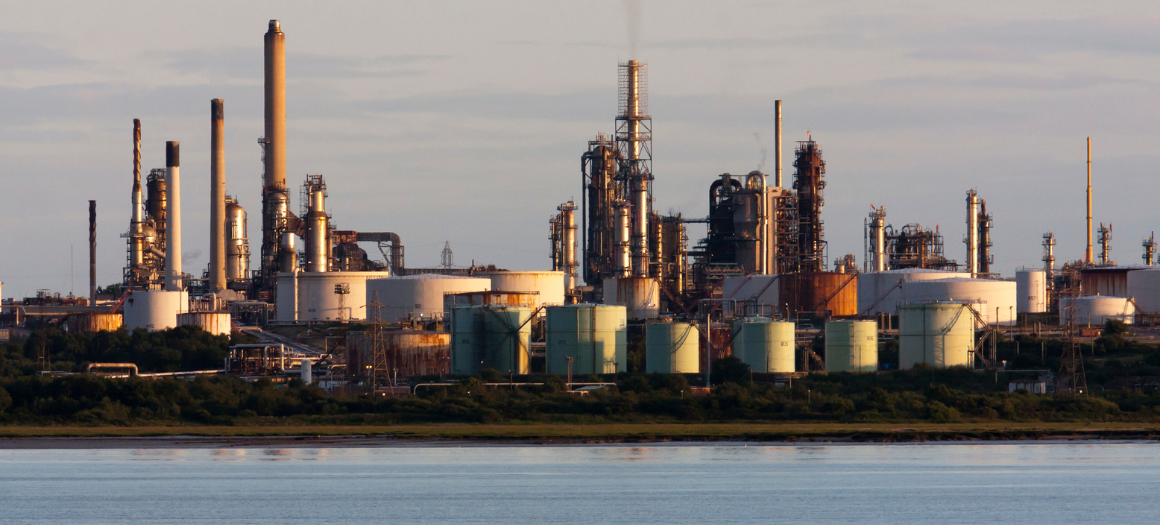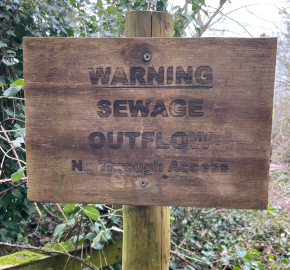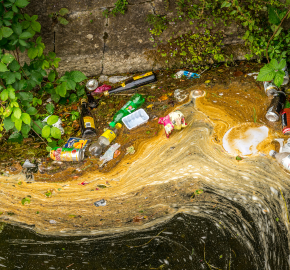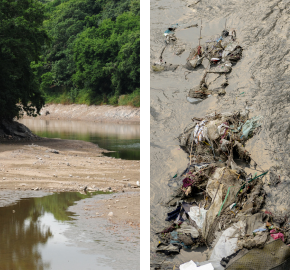Esso and South West Water profit from over-abstraction on the River Avon

From recent investigations, South West Water estimates that it over-abstracts (when the amount of water removed from a water body is more than can be naturally replenished) more than 100 million litres of water per day from the River Avon in Hampshire (more here), a legally protected chalk stream that supports populations of the iconic Atlantic salmon.
The River Avon is a Special Area of Conservation (SAC) and one of the most biodiverse rivers in the country. South West Water’s excessive removal of water from its two abstraction points on the Lower Avon adds further pressure to an already stressed river system. Lessened flow reduces the dilution of pollutants, increases sedimentation and makes it harder for migratory fish to complete their lifecycles.
Concerningly, there are no flow-related restrictions outlined in the abstraction licenses held by South West Water on the Lower Avon. This means that if the river’s flow falls below safe ecological limits, South West Water can continue to remove water. The consequences will be catastrophic for the decreasing Atlantic salmon populations on the Avon if Southern England experiences severe drought.
South West Water has confirmed that a considerable proportion of the water it abstracts from the Avon is piped out of its supply area, over 30km away, to Esso’s Fawley Refinery. The refinery is the UK’s largest integrated petrochemical complex refining a massive 22 million tonnes of crude oil every year.
The West Hampshire Water (Fawley Supply) Order 1955 (as amended in 1959) allows for the transfer of over 45 million litres per day (Ml/d) from the River Avon to the refinery. This is equivalent to the daily water use of the entire population of Christchurch – a town located at the mouth of the Avon. That being said, 45 Ml/d is the maximum and according to Market Operator Service Limited (MOSL), the Fawley region consumes a daily average of 37.5 Ml/d.
Fawley is not alone. Other regions with oil refineries are equally thirsty.
- Humber Refinery and Lindsey Oil Refinery (North/ South Killingholme consumes 39 Ml/d)
- Stanlow Oil Refinery (Ellesmere Port and Elton consumes 27 Ml/d)
- Pembroke Refinery (Pembroke consumes 15 Ml/d)
Water companies are obligated to supply businesses with water – the same as they do for the public. This represents an exceedingly cheap option for businesses compared with sourcing water themselves through alternative sources. There is no incentive within the water industry for this to change.
Over the next 25 years, water companies have been tasked with reducing their abstraction of water from rivers to sustainable levels. Janina Gray, deputy chief executive at WildFish said: “it will take every tool in the box to make this possible – which will include substantial reductions to the public’s personal water-use”.
These high-water-use private companies, like Esso, should not be allowed to continue profiting off cheap river abstraction. The government needs to ensure these companies play a part in the protection of our water environments.
Janina Gray
Deputy chief executive, WildFish
All five oil refineries mentioned are situated on the coast. After appropriate assessment, all could invest in desalination units to secure a self-sufficient water supply. This isn’t revolutionary. Due to a limited water supply in Essex and Suffolk’s supply area, EDF energy is looking to build a desalination plant to secure its own water supply for a new power plant.
With the energy sector’s predicted growth this approach to water supply management is essential to protect our rivers. Government intervention will be required to make this happen.
South West Water’s draft Water Resources Management Plan failed to address its over-abstraction on the River Avon. The Environment Agency has made it clear that South West Water’s proposal to reduce its abstraction on the River Avon fell short of the Conservation of Habitats and Species Regulations 2017 and must be significantly improved.
James Overington
Water policy officer, WildFish
In order to achieve sustainable levels of abstraction, South West Water will need to invest heavily in multiple alternative supply sources for the local area. In addition, it will need Government’s support to amend the West Hampshire Water Order 1955 to reduce Esso’s water supply demands on the Avon. Alternatively, South West Water could propose a ‘pain sharing agreement’ whereby Esso would offset its 45 Ml/d, from the Avon, by financing the creation of a local alternative supply source(s).
South West Water’s statement of response to the consultation for their revised plan is viewable here – WildFish assert that the updated plan still fails to protect the Lower Avon from over-abstraction.




Would it not be possible for Farley to abstract seawater, so they cooling plants still using the freshwater extracted from New Hampshire Avon. The Marchwood ERF uses seawater, which is extracted back into the sea.
Hi. I’m just trying to find out if you can suggest the healthiest varieties of fresh fish are to buy in England is please?
Hi Andy, thanks for your question. If you head to this page https://offthetable.org.uk/what-can-you-do/ on our Off the table campaign site you’ll find information on this. Thanks, Immy